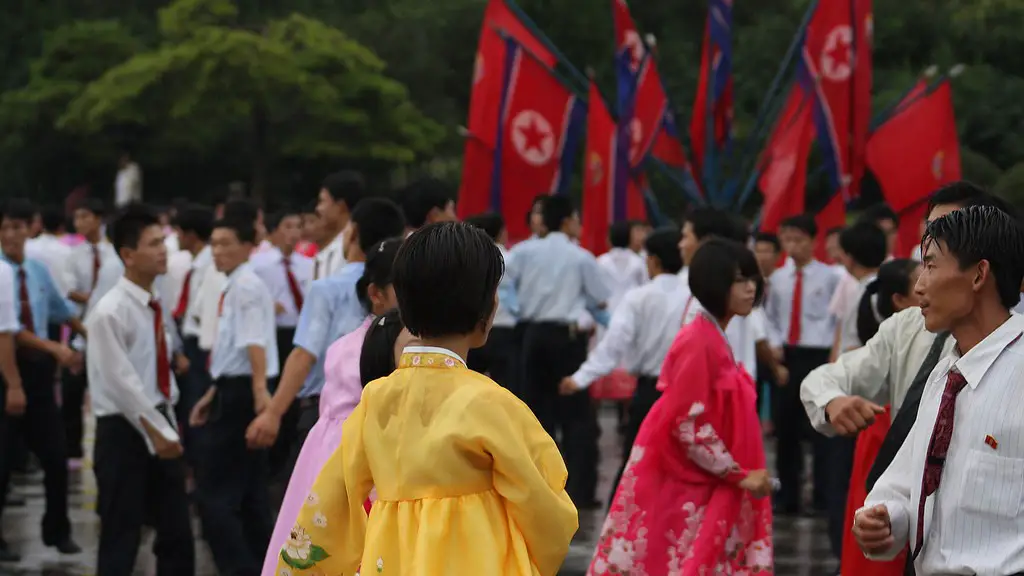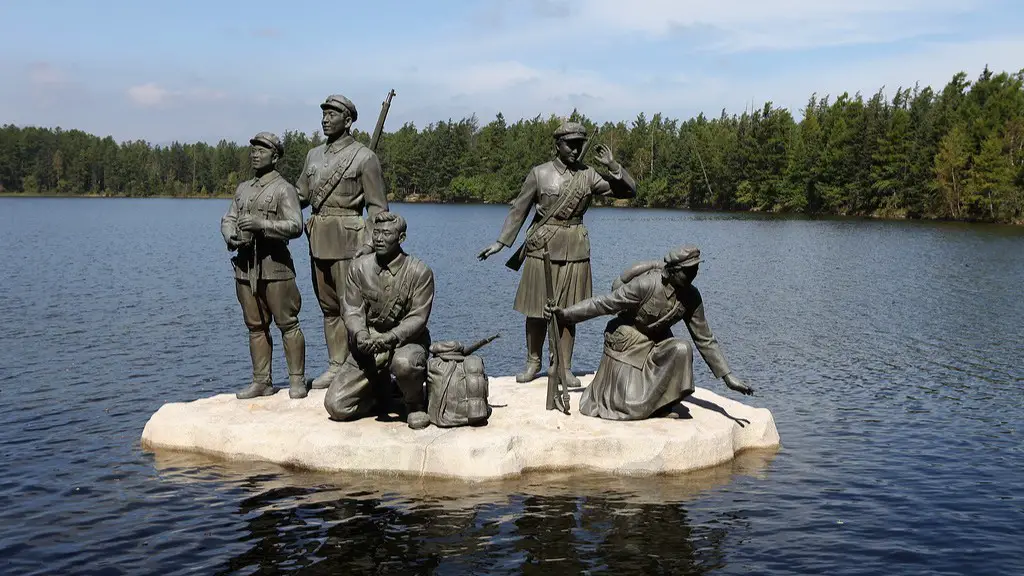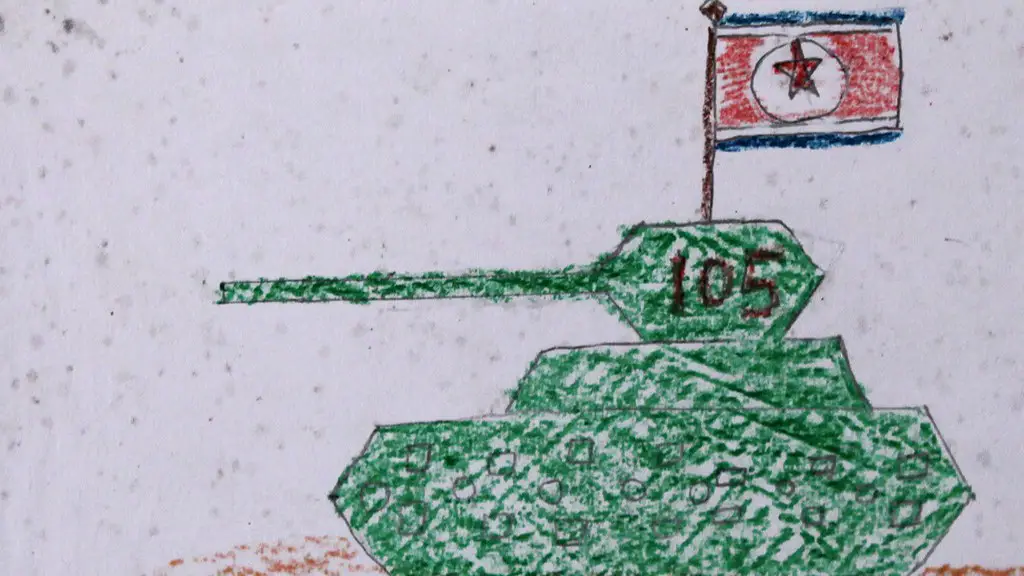North Korea is one of the most secretive and isolated states on earth. It is also one of the few dictatorships which operates an extensive system of social control over its citizens. The state is not shy of punishing people who attempt to challenge the ruling regime, with harsh punishments and long jail sentences a regular occurrence.
Although North Korea is officially an atheist state, it punishes political deviants as if they had committed a religious crime. According to Human Rights Watch, anyone who shows any sign of dissent against the North Korean Government is subject to harsh punishments. One such example is the so-called ‘three generation punishment’, whereby a citizen and their ancestors can face prison, labour camps and often execution for a political offence, even though it was not officially committed by them.
Adapted from centuries of Chinese legal tradition and the Stalinist legacy, legislators in the Democratic People’s Republic of Korea (DPRK) have refined and extended the mechanisms and norms of punishment of political dissidents. Punishments can also vary depending on the perceived severity of the offence. The state does not only punish those who challenge the regime physically, but also those who display a critical attitude towards the leadership. This includes the dissemination of critical thoughts or opinions. It is even illegal to express opinions which are considered the same as subversive by the state. This means that even acts such as expressing sympathy with people or topics which are frowned upon by state officials can bring forth legal repercussions.
The North Korean Government considers any individuals or organisations that are not loyal to the Kim Dynasty as “hostile forces” and punish them as political deviants. The penalties for political deviance range from a short prison detainment to long-term prison sentences such as life imprisonment in labour camps. In certain cases, the punishment can even include public execution and the death penalty. Those who are sentenced to public execution are usually those who have committed widely publicised acts of crime against the state, such as espionage or rebellion.
Generally, these punishments are considered to be excessive, arbitrary and cruel. The North Korean Government is notoriously known for violating the human rights of their citizens, leading to widespread criticism from the international community. The United Nations Human Rights Council has on several occasions denounced the North Korean Government for its inhumane treatment of people within its borders.
The North Korean Government is suspicious of any types of dissenting activities and keeps a tight watch on its citizens. Critics argue that this is a repressive form of control and limits the freedom of expression for its people. The government is seemingly motivated by a desire to keep the status quo, fearing the consequences of any kind of dissent against the established order.
Censorship of Media
As part of their attempt to stop the spread of dissenting views, the North Korean Government has imposed strict censorship of the media. All media materials are tightly controlled by the authorities, regardless of their content. This means that any news which is considered to be even slightly critical of the North Korean regime risks punishment. It is also common practice for individuals to be put under surveillance to prevent them from engaging in politically-incorrect activities.
Censorship has therefore become an essential tool used by North Korean Officials to prevent people from speaking out in public and to keep the population in fear of potential repercussions. Journalists, activists and others who are seen to challenge the ruling regime are particularly vulnerable and often face stiff penalties.
These forms of control are particularly concerning to human rights activists and advocates of freedom of expression. There is a growing international consensus that North Korea’s human rights abuses should no longer be tolerated. Yet, without meaningful action from the international community, the situation is unlikely to improve.
Continued Discriminatory Practices
Political deviants continue to face arbitrary and excessive punishment in North Korea. Those found guilty of crimes against the state are usually sentenced to prison with hard labor, or sent to labor camps for indefinite periods and with no possibility of parole. Sentences to such camps, known as kwan-li-so, have included sentences for vaguely-defined crimes such as “anti-state elements,” or “hostile attitudes” or “political conspiracy.” North Koreans detained in these camps are also subjected to a variety of forms of physical abuse and torture.
In addition to this, North Koreans also face discrimination in many areas of their lives. For instance, those who are convicted of a political offence are excluded from many areas of society, and are actively discriminated against in terms of employment, access to higher education, and even access to health care. These discriminatory practices have been criticized by both the international community and North Korean citizens.
Moreover, the North Korean Government has continued to use its penal system to restrict and punish political dissent, with imprisonment and re-education being the primary tools used by the authorities to maintain control. This creates a climate where individuals feel discouraged from expressing their views, for fear of repercussions.
Authorities Deny Human Rights Violations
The North Korean Government has continuously denied reports of human rights violations. In response to UN reports and other international criticism, North Korean Officials have consistently claimed that the government abides by international conventions, and has “zero tolerance” for human rights violations. However, such claims are contradicted by reports from inside North Korea, which demonstrate a clear pattern of abuse of civil liberties.
In addition, a number of international organizations have also raised concerns about the treatment of political dissidents in North Korea. Amnesty International and Human Rights Watch have expressed serious concerns about the ongoing violations of human rights in the country, including those of freedom of expression and assembly.
Moreover, North Korea has consistently refused to cooperate with the United Nations in any meaningful way. It has not responded to inquiries or requests for visits from UN examiners, and it continues to deny access to the international press and NGOs.
Conclusion
The North Korean Government has been accused of using its penal system to punish political dissent and to maintain control over its citizens. It has been criticized for its severe punishments, discriminatory practices and its refusal to cooperate with the United Nations. It is clear that the government is determined to clamp down on any kind of dissent from its people, with no signs of reform on the horizon.




